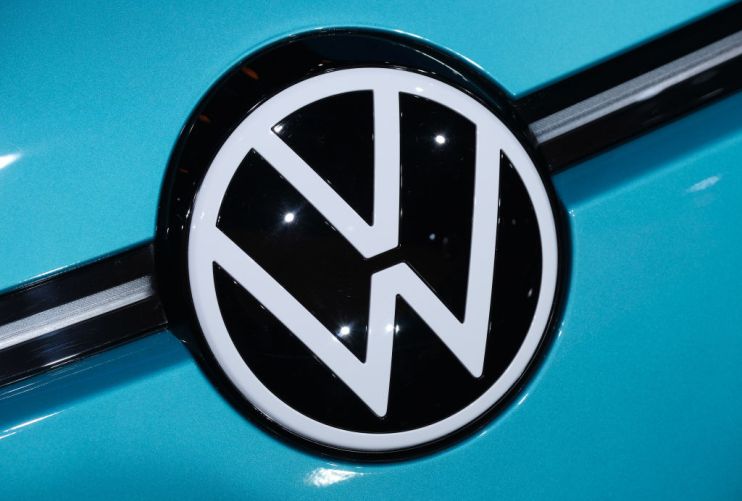“Dogma”: Why Seat’s boss is no fan of UK’s 2030 ban on petrol engines

The British boss of the Volkswagen-owned automakers Seat and Cupra has blasted the UK government’s 2030 ban on the sale of new petrol and diesel vehicles as inflexible “dogma.”
“I don’t think the solution is prohibition,” Wayne Griffiths, who serves as CEO of both European marques, told the Sunday Times. “I don’t think that’s the right way to change societies or create transformation.”
Griffiths argued that the government would do better by convincing and motivating people to “purchase electric cars before you start to prohibit combustion [engine] cars.”
The proposed petrol and diesel car sales ban has fallen well into the political limelight in recent weeks, after a shock Tory victory at the Uxbridge-by election was put down to Sadiq Khan’s plans to expand the ULEZ scheme across all of London.
The UK has so far backed its top down approach to policy making, with Sunak holding firm on the ban despite pressure, in a bid to encourage a lagging transition to electric vehicles (EVs).
The European Union, meanwhile, has shown more flexibility, rowing back on its own 2035 ban in April after Germany successfully convinced the body to extend sales of combustion engine vehicles beyond the date, should they use synthetic fuels.
The EU has also advanced further with other green energy, namely hydrogen and e-fuels, and Griffiths – whose career spans Germany and Spain – argued that “we shouldn’t be dogmatic about technological solutions… We should be dogmatic on the objective, that we don’t want to create emissions that damage the planet.”
EV sector backs ban but warns of looming China threat
Beyond the European Union, the UK also faces the growing threat of China’s rapidly expanding electric vehicle market and there are concerns that phasing out petrol and diesel cars too quickly could hand an advantage to groups such as BYD, Geely and Saic Motor.
Just this weekend, BYD’s founder Wang Chuanfu went viral after launching a patriotic call to “demolish the old legends” of the global car market.
The UK’s EV sector firmly backs the 2030 ban, but many argue that to compete with emerging global competition, the government needs to act urgently to boost home manufacturing and resolve ongoing delays in the roll-out of essential infrastructure such as charging stations.
Andy Palmer, the former Chief Executive of Aston Martin and nicknamed the ‘Godfather of EVs’ for his work in launching the Nissan Leaf, told City A.M. that the government had shown “no leadership in implemention, rather we are the laggard with no strategy.”
“BEV market share has stagnated, private sales are down and charging infrastructure rollout is inadequate.”
Palmer added: “2030 is still within the country’s grasp, but will be increasingly tricky if government doesn’t have a clearly intention to promote and support EV and infrastructure rollout or have a clear industrial strategy to support its indigenous manufacturing .”
Ginny Buckley, CEO of the media and electric car marketplace platform Electrifying.com, told City A.M. that China was “already surging ahead.”
Buckley believes that in order for Britain’s automakers to stay competitive on the world stage, against brands including BYD, MG and Volvo, the planned phase-out should not be pushed back further.
But she noted that government needs to “do more to support the sector with a focused industrial strategy and by reducing the bureaucracy around planning permission and grid connections, which is causing significant delays to the infrastructure that’s key to giving consumers confidence to make the switch’.”
The DfT were approached for comment.